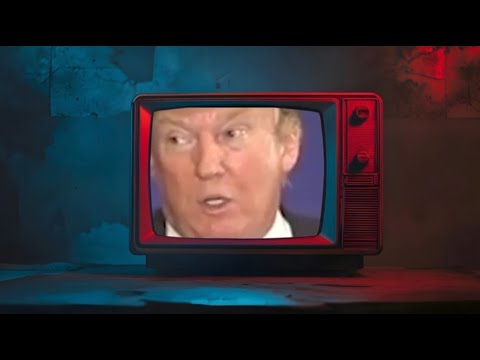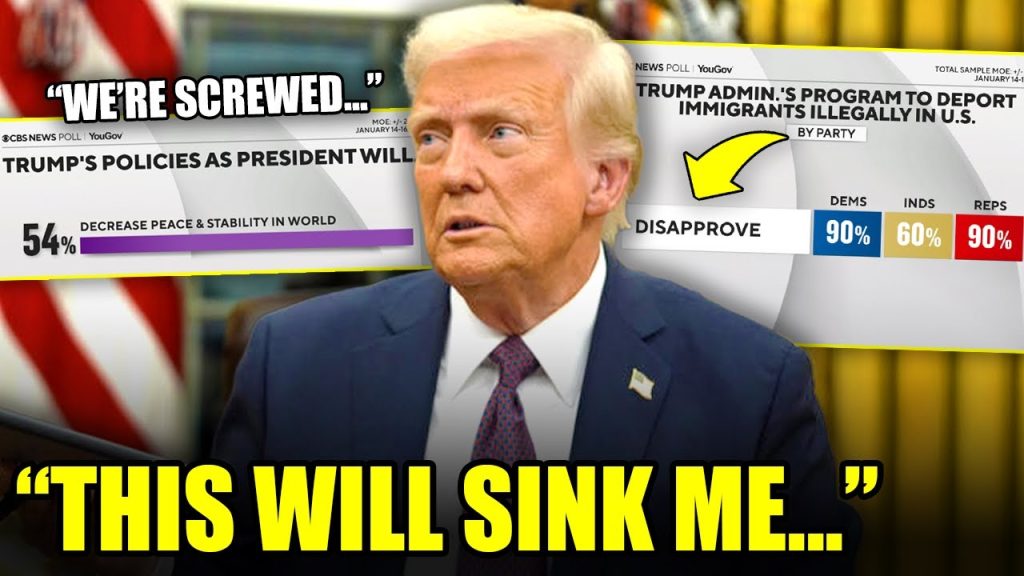The provocative title “Ugly Puffy Men” invites viewers and political commentators alike to explore underlying themes of identity, power, and societal perceptions within current political dialogues. While the phrase itself may appear cryptic or humorous, it serves as a lens through which one might analyze the portrayal of political figures, societal stereotypes, or the dynamics of political branding in today’s media landscape.
In recent years, political commentary has increasingly intersected with cultural critique, often employing striking or controversial language to underline perceived deficiencies or characteristics of public figures. Such language can reflect broader tensions about masculinity, leadership, and public image, especially in an age where media portrayal heavily influences public opinion. The phrase “Ugly Puffy Men” might metaphorically address how politicians are viewed in the public eye — perhaps as lacking authenticity, defensive, or out of touch — though without a transcript, this remains speculative.
Understanding this term’s implications requires contextualizing it within ongoing political conversations about representation and rhetoric. Across various political spheres worldwide, the imagery and descriptions associated with leaders and politicians wield considerable power. From populist movements to established parties, the way politicians present themselves and are perceived can shape electoral outcomes and public trust.
Moreover, political satire and criticism have long used exaggeration and evocative language to spark debate and encourage deeper reflection on governance and social values. Whether this phrase aims at critiquing a specific group or commenting on political attitudes more broadly, it aligns with a tradition of contentious and provocative political speech intended to challenge the status quo or highlight issues of concern within leadership circles.
As political discourse continues to evolve with digital media, the interaction between imagery, language, and political messaging remains a fertile ground for analysis. Understanding the nuances behind such a title invites audiences to consider how political characterization influences both policy discussions and voter engagement.
Where to Learn More
- BBC News – Politics – Comprehensive coverage of global political developments and analysis.
- Politico – Detailed political news, investigative reporting, and opinion pieces.
- C-SPAN – Nonpartisan source for government proceedings and political discussions.
- The New York Times – Politics – In-depth political reporting and commentary.
- Brookings Institution – Politics and Government – Research and analysis from a leading policy think tank.




